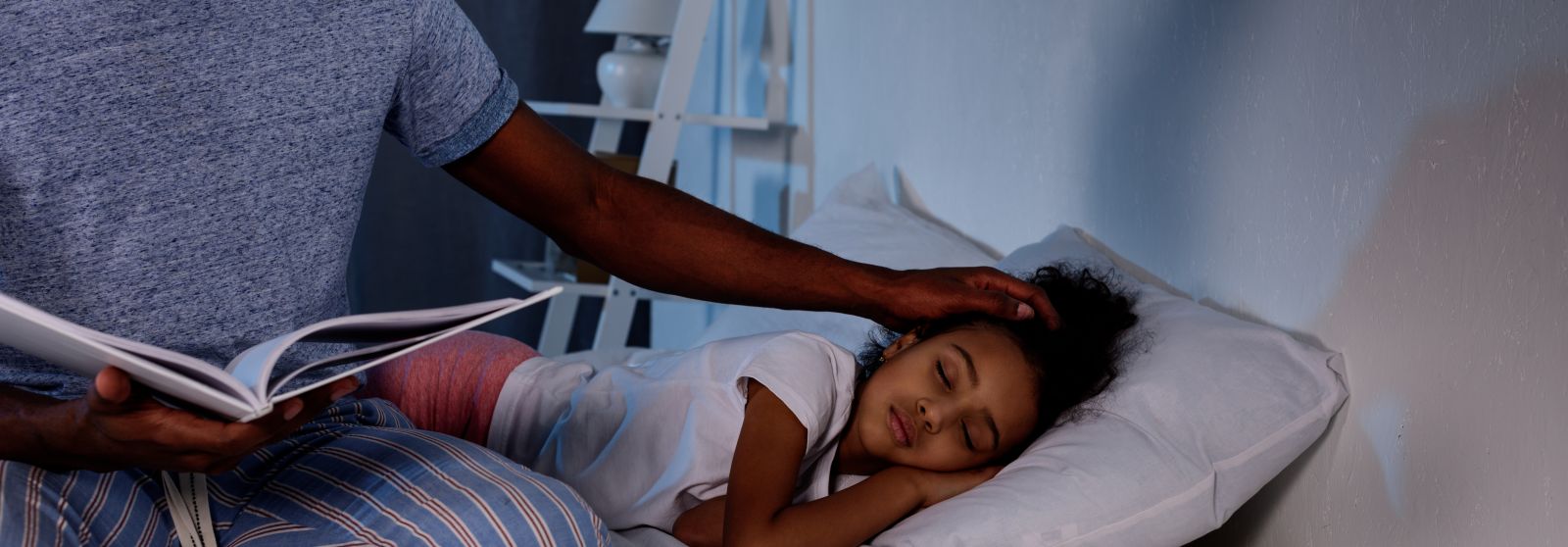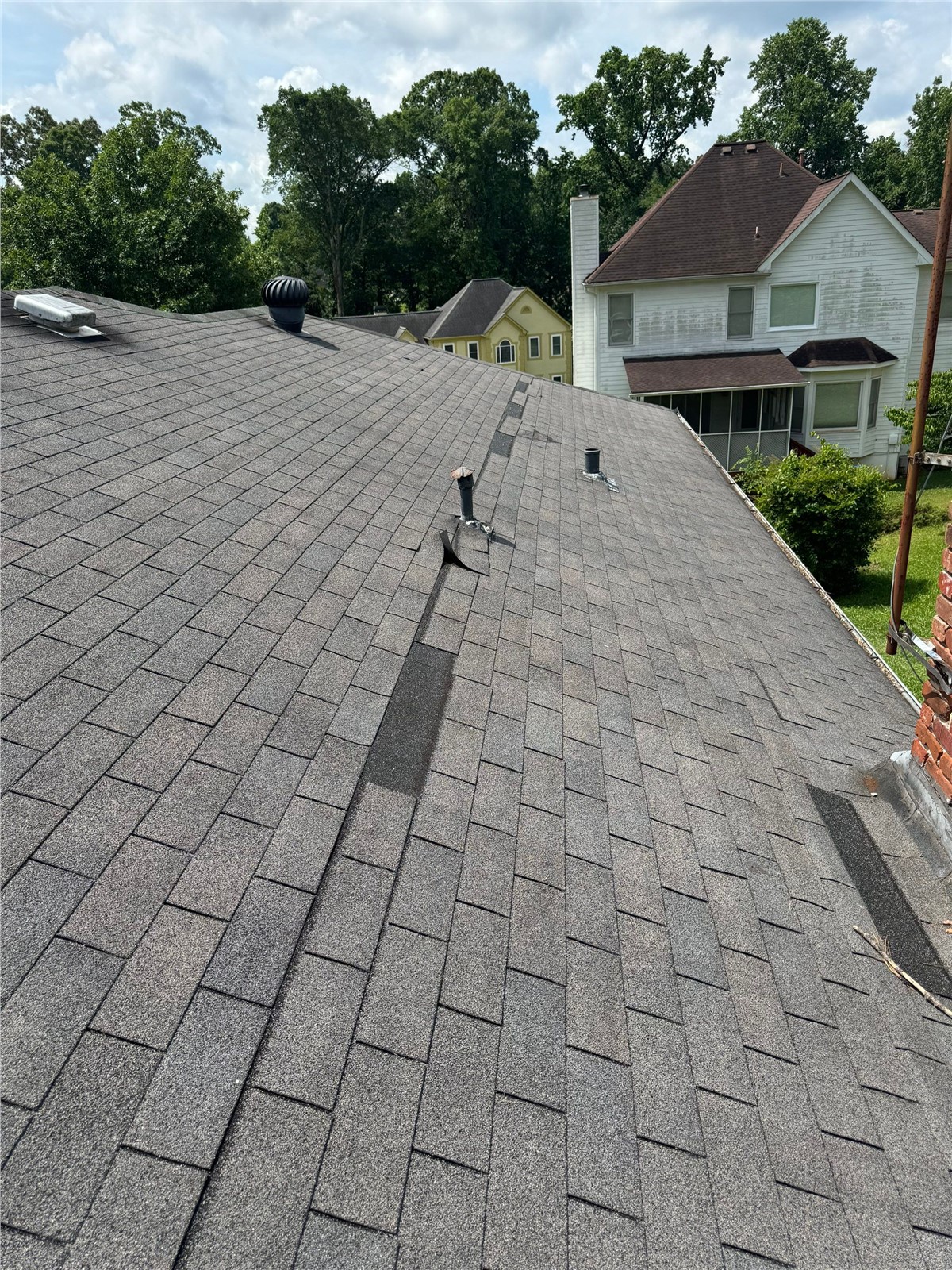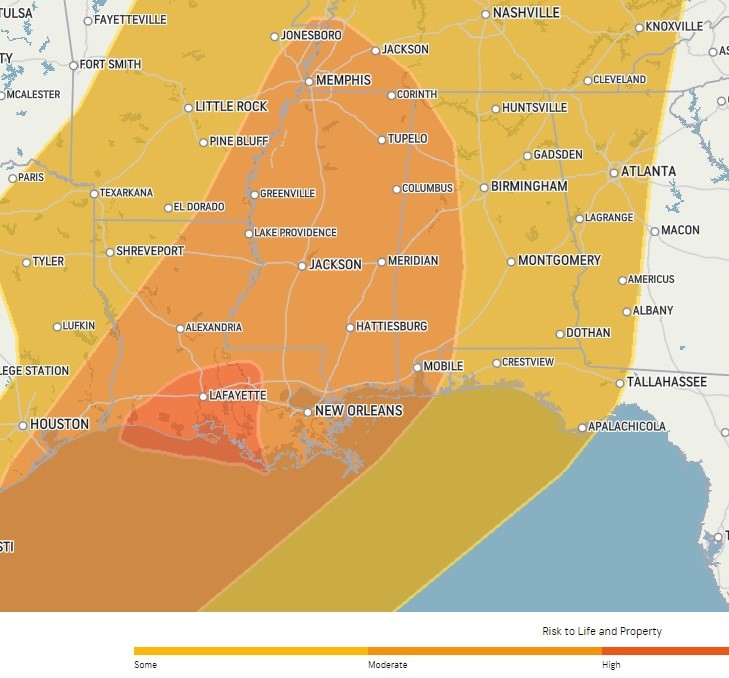
A child who's having trouble falling asleep can be a tremendous source of concern for a parent. A lack of sleep can make a child listless throughout the day, and - if they're school-aged - have a negative impact on how they're performing in class. Furthermore, parents can feel frustrated and powerless because they just don't know how they can help. If you have a kid who's finding it difficult to fall asleep at night, here are some of the most common causes, as well as some recommendations on how you can help.
Lack of Routine
Kids benefit from following the same routine every night, so try to keep their bedtime ritual as consistent as possible. For instance, you might want to begin bedtime with a bath, then brush their teeth, then one bedtime story, and then lights out. The kind of bedtime ritual you choose is entirely up to you, but you should keep it consistent every night. This will help them prepare mentally for sleep.
Too Much Stalling
Kids don't know that sticking to a routine is conducive to good sleeping habits and will instead do everything they can to stay up. They might ask for one more bedtime story or another glass of water, but don't let them divert you from staying on schedule. Be firm and loving, but let them know that it's bedtime, and all their protesting and dithering are not going to change that fact.
Too Little Nap Time
Young children need to take naps throughout the day. If they're not given proper nap time, they might find it challenging to fall asleep at night. Babies require two or three naps a day, while toddlers should have at least one. Any time of the day is a good time for a nap so long as it's not too close to their bedtime.
Breathing Issues
While not the most common causes of sleep problems, it's worth recognizing whether or not your child is having trouble breathing at night. Sleep apnea, for example, can affect children when they have blocked airways - usually the result of enlarged tonsils or adenoids. Excessive snoring is one sign of sleep apnea, but it's possible that snoring on its own is making it difficult for your child to sleep. If you think breathing problems might be the cause of your child's sleep troubles, consult with your pediatrician.
Sleepwalking
While most kids grow out of it by the time, they reach their teenage years, sleepwalking is not uncommon for younger children. If you catch your child in the middle of a late-night walk, you shouldn't wake them. Instead, calmly and gently guide them back to bed. If it's a recurring issue, be sure to clear out obstacles in their room and have safety gates set up in front of hazards such as stairways. By making yourself aware of some of the most common causes of insomnia in children, you can take the steps necessary to ensure they get the sleep they need to thrive.
Subscribe to Dr. Roof's Blog









Comments